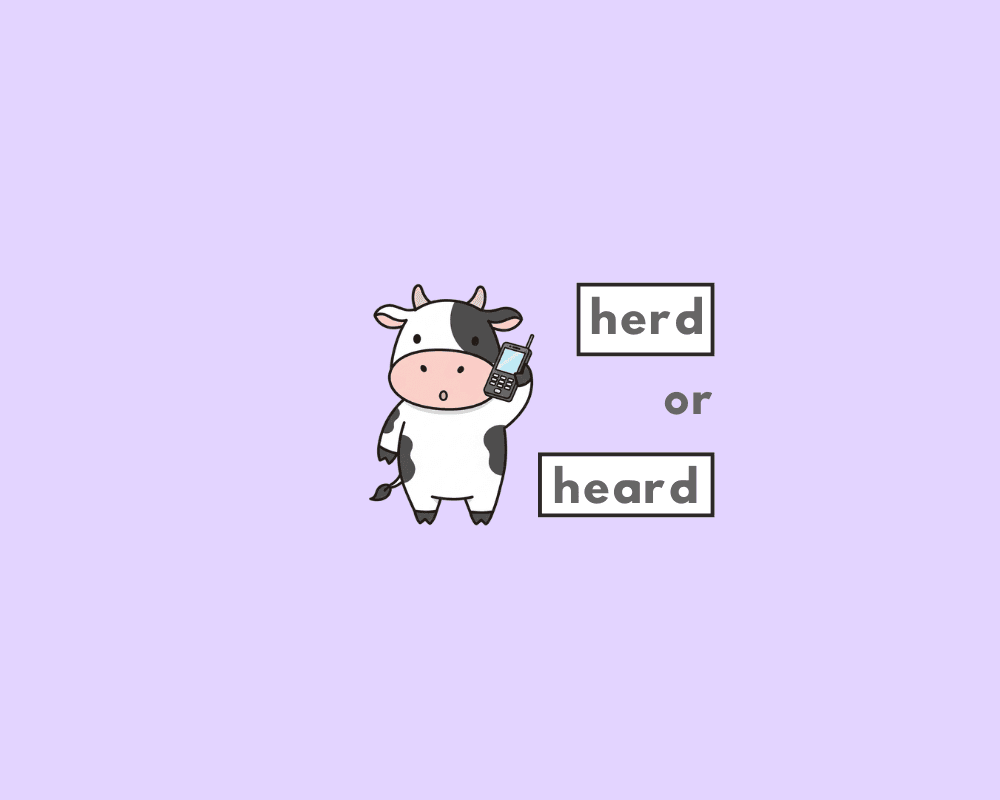When communicating in English, it’s relevant to consider the varying styles of English. This article focuses on the differences between US and UK English, specifically.
Differences in UK English vs. US English
I modeled the clay figure carefully.
She has travelled extensively throughout Europe.
He canceled his appointment.
They have realized their mistake.
The two predominant variations of English are:
- American English (or US English)
- British English (or UK English)
While both are fundamentally the same language, they possess nuances in spellings, pronunciations, idiomatic expressions, punctuation, and formatting preferences that set them apart.
Most of the differences are minor, but because of the regularity with which we use certain words it’s worthwhile to recognize their proper spelling according to the form that’s relevant in your case.
UK English vs. US English spelling
| US English | UK English |
| spells –ize, –yze (paralyze, analyze, realize) | spells –ise, –yse (realise, analyse) sometimes both |
| spells –er center, meter, theater | spells –re centre, metre, theatre |
| spells –or color, favor, favorite, honor | spells –our colour, favour, favourite, honour |
| verbs use one “l“; e.g., canceled, labeled, traveled, modeled |
verb use double “l“; e.g., cancelled, labelled, travelled, modelled |
| spells –se defense, offense, license | spells –ce defence, offence, licence |
UK vs. US English spelling differences, create flashcards with the words “cancelled/canceled,” “realised/realized,” linking each pair for quick recall.
One or two L’s
Verbs with a double L drop to a single L in US English spelling. The same applies to other forms of the word.
| UK English | US English |
| labelled, labelling | labeled, labeling |
| cancelled, cancelling | canceled, canceling |
| modelled, modelling | modeled, modeling |
| travelled, travelling | traveled, traveling |
UK vs. US verb forms
US spelling prefers regular verb forms (which add “-ed” in the past tense). UK spelling typically uses irregular verbs in the past tense and as a past participle.
| UK English | US English |
| burnt | burned |
| spelt | spelled |
| leapt | leaped |
| leant | leaned |
| smelt | smelled |
| spillt | spilled |
| spoilt | spoiled |
Note: Some irregular verbs are still used in US English as a past participle or past tense. Likewise, some standard verb past tenses are preferred in UK English.
Why are there two types of English?
American English is based upon late 17th-century British English, which was brought to North America and the US by its earliest settlers. At that point, they would have spoken the exact same way.
The natural theory that evolves from this is that as America became more independent so did their language or version of English. Many argue that this was a way for America to establish their own identity apart from Britain.
Also worth noting, as America began exploring its territory, it began introducing its own words into English, moving even further apart from its original UK English counterpart. The differences in spelling between the two we can largely attribute to the American lexicographer and dictionary-developer, the inimitable Noah Webster.
Linguafonica’s article on the evolution of American English says,
|
…The first dictionaries in both countries being written by two different authors with two different perspectives on language…The American dictionary was put together by lexicographer Noah Webster, who wanted spelling to be more straightforward and better reflect the pronunciation of words. Liam at Linguafonica |
Learn more about spelling
- Which is it: “Favorite” or “Favourite”?
- Is it Spelled Metre or Meter?
- Which is Correct: Honour or Honor?
- Is it “Behaviour” or “Behavior”?
- Is it “Labour” or “Labor”?
- Favour or Favor (Which is Correct?)
- How to Spell Centre (Centre or Center?)
- “Defence” or “Defense” (Which Spelling is Correct?)
Worksheet
Which is the standard US English spelling?
What is the UK English spelling of “realize”?
Which is the correct past tense spelling of “cancel” in UK English?
What is the correct past participle spelling of “burn” in US English?
Which is the standard UK English spelling of “center”?
The artist mixed the paints to get the perfect . (UK English spelling)
She has extensively throughout the country. (US English spelling)
He his name incorrectly on the form. (UK English spelling)
The team’s was strong during the game. (US English spelling)
Scientists need to the data carefully. (US English spelling)
FAQs
How does US/UK spelling differ with ‘-ize’?
+
What’s the US/UK spelling difference for ‘color’?
+
How do US/UK differ in spelling ‘canceled’?
+
Tell me about ‘-er’ vs ‘-re’ spelling.
+
What are UK/US verb form differences?
+
Sources
-
Scribbr, UK vs. US English spelling. “How did American English Become Different from British English?”
Yash, D. "What’s the Difference Between UK English and US English?." Grammarflex, Sep 24, 2025, https://grammarflex.com/whats-the-difference-between-uk-english-and-us-english/.








